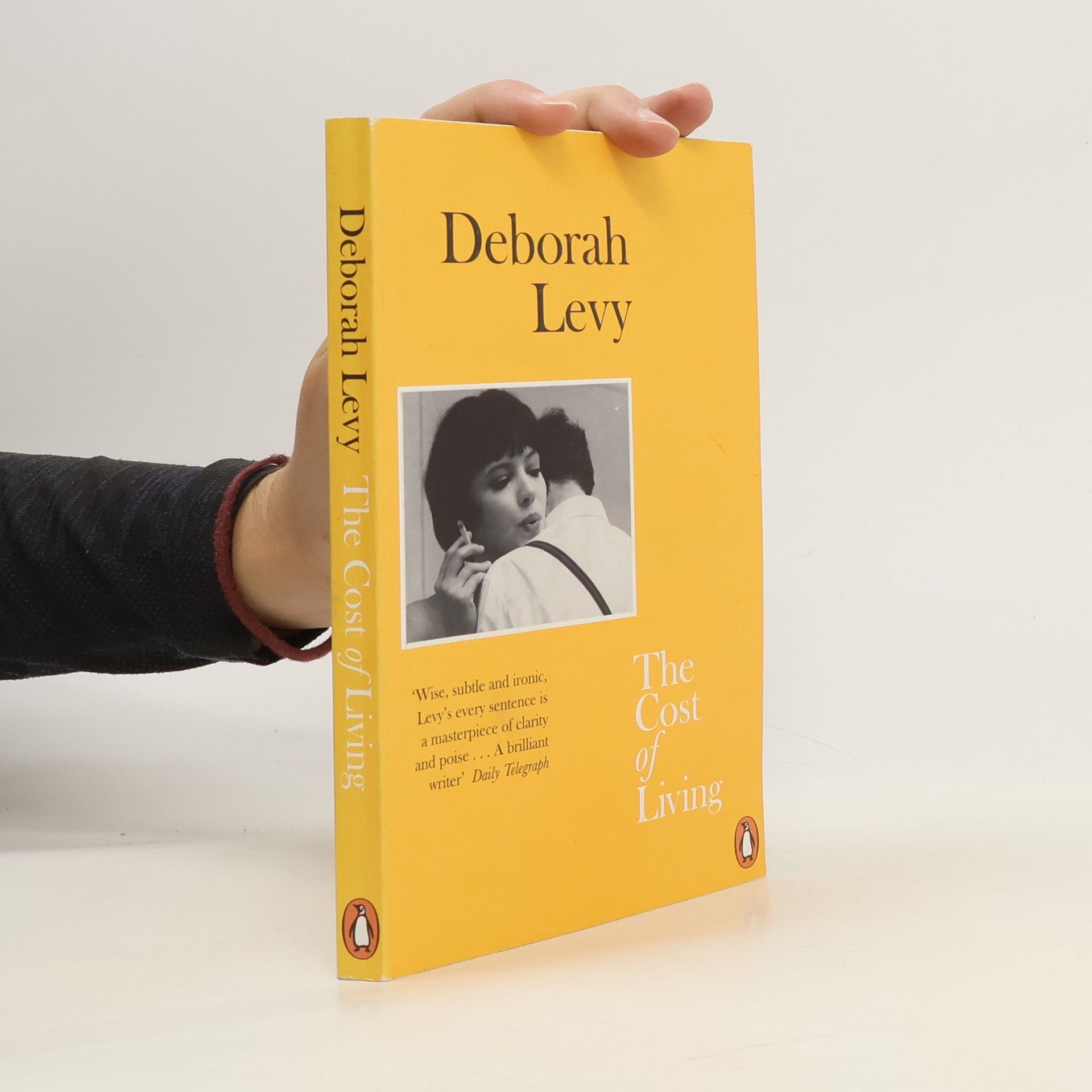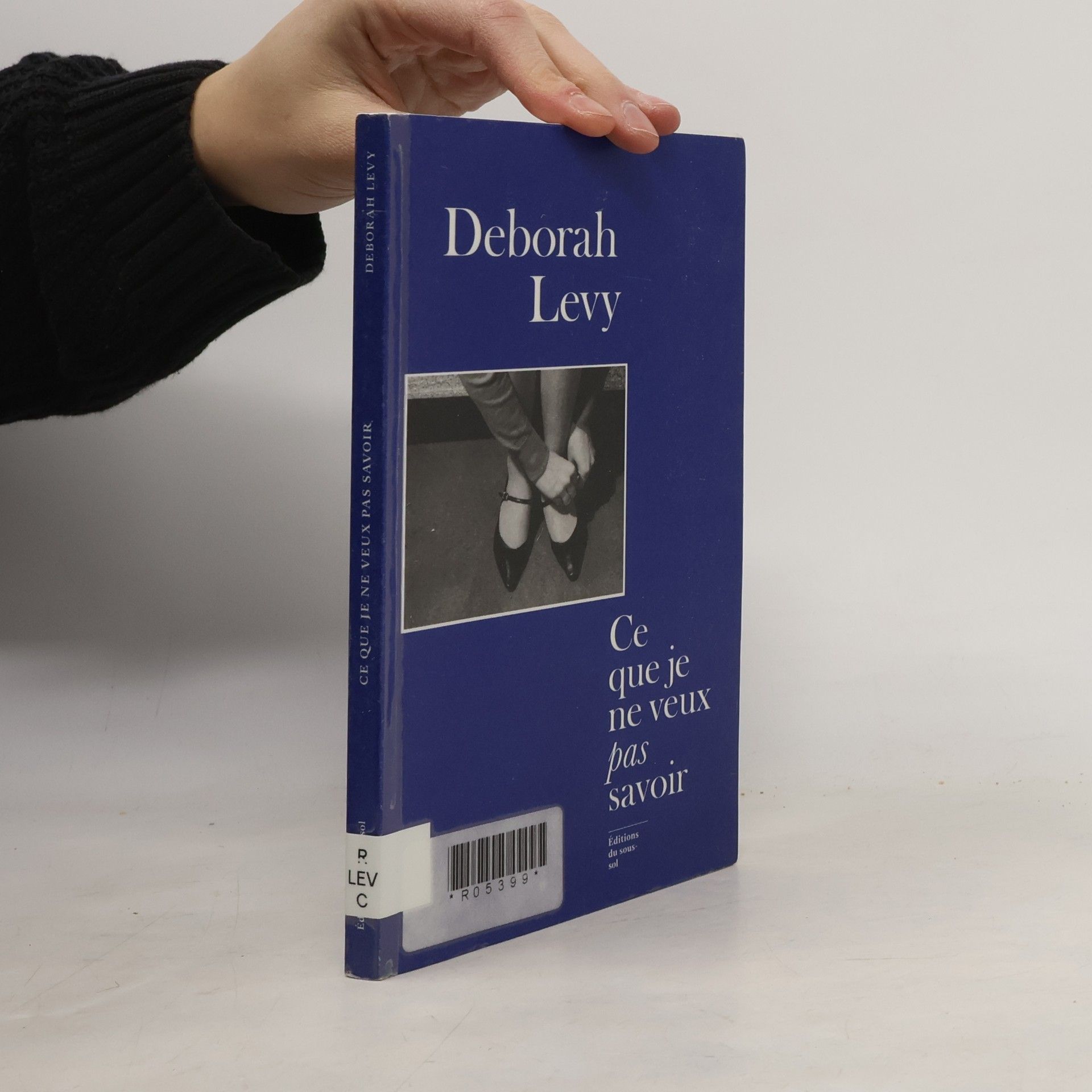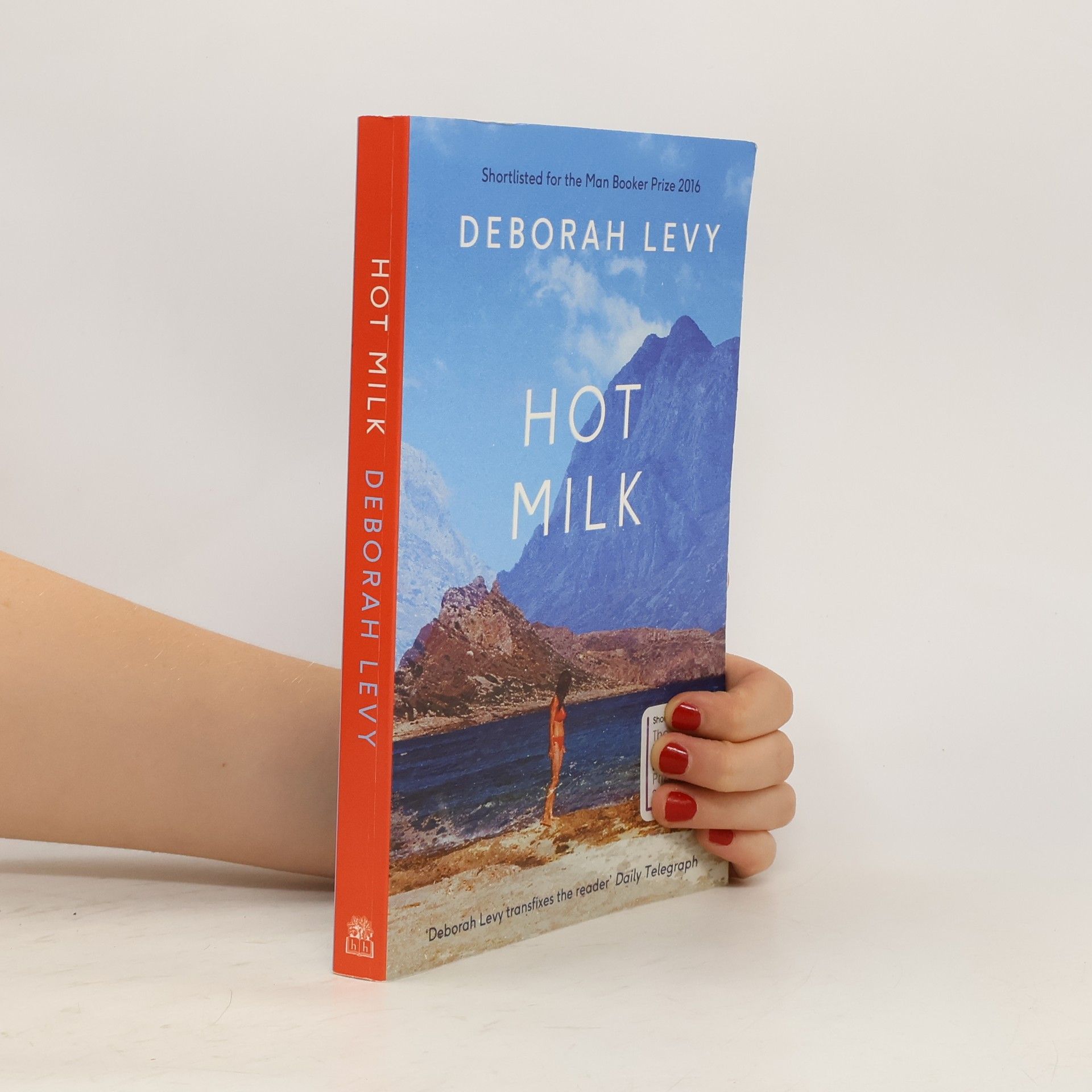Ce que je ne veux pas savoir - Prix Femina étranger 2020
- 144pages
- 6 heures de lecture
Deborah Levy revient sur sa vie. Elle fuit à Majorque pour réfléchir et se retrouver, et pense à l'Afrique du Sud, ce pays qu'elle a quitté, à son enfance, à l'apartheid, à son père – militant de l'ANC emprisonné –, aux oiseaux en cage, et à l'Angleterre, son pays d'adoption. À cette adolescente qu'elle fut, griffonnant son exil sur des serviettes en papier. Telle la marquise Cabrera se délectant du "chocolat magique', elle est devenue écrivaine en lisant Marguerite Duras et Virginia Woolf. En flirtant, sensuelle, avec les mots, qui nous conduisent parfois dans des lieux qu'on ne veut pas revoir. Ce dessin toujours inédit que forme le chemin d'une existence. Ce que je ne veux pas savoir est une œuvre littéraire d'une clarté éblouissante et d'un profond secours. Avec esprit et calme, Deborah Levy revient sur ce territoire qu'il faut conquérir pour écrire. Un livre talisman sur la féminité, la dépression, et la littérature comme une opération à cœur ouvert.








